GOVERNANCE: VIDEO FEATURES
Watch Newsreel Asia's video features on "Governance," which is the fundamental responsibility of a government: effective management and provision of education, healthcare, law and order, roads, infrastructure, water, electricity and cleanliness. Governments must ensure fairness, accountability and the effective delivery of services that enhance our quality of life.
Description
Hanumanthi was in labour for the third time at a small government health facility in Karnataka’s Raichur district when she began to bleed heavily. The centre lacked the equipment to manage the emergency. Her family was told to rush her to a larger hospital. But how does a woman in the middle of childbirth survive a long road journey? Why was the local facility unprepared? Her family is left with questions—questions shared by many across rural Karnataka.
Mohanty Soren and Telenga Hasa, belonging to the Ho and Munda tribes, once lived in a region at the heart of the Simlipal Tiger Reserve in Odisha’s Mayurbhanj district. Just three years ago, their lives revolved around cultivation, surrounded by dense forest. Now, after being forced to vacate his land, Hasa lives 180 KM apart. Each time he returns to visit Soren in his former village, he is overcome with reflection and sorrow.
West Bengal has grappled with a deep-rooted corruption crisis for decades—today, at the heart of it lies the School Service Commission (SSC) teachers’ recruitment scam, which has shattered the hopes of thousands of deserving candidates. In this investigative video, we uncover how teaching jobs were allegedly sold for lakhs of rupees, replacing merit with money in one of the state’s most crucial sectors — education.
Sheela, a tribal activist from Devgadh Mahila Sangathan, Anandi Foundation, has dedicated her life to fighting for the rights of Adivasi and Dalit communities in Gujarat’s Dahod district. Her work has revealed a grim reality that contrasts sharply with the glowing narratives of Gujarat’s economic success. She takes Newsreel Asia into the heart of this crisis, introducing us to Anita Naik, a mother in Lawaria Village. Anita, like many others, struggles to keep her children alive. One of her children tragically passed away, while her three-year-old son, Rajesh, was born blind and with severe physical deformities—a devastating consequence of the silent malnutrition crisis in the state.
In the Union Territory of Jammu & Kashmir, households commonly face frequent power outages and struggle with unaffordable electricity tariffs. This, despite the region's immense potential for hydroelectric power generation. Asad Ullah Mir describes the developmental injustices his community endures due to the extraction of hydroelectric power. Meanwhile, Abdul Hamid, a 50-year-old resident of Dal Gate in Srinagar, discusses the tough choices low-income families must make between electricity and basic necessities. This raises a pressing question: Why must the people of this region endure cold, dark winters?
Bhukhal Ghasi, a 50-year-old laborer from Bokaro district in Jharkhand, had a family of seven to support. Amidst existing poverty and food scarcity, he struggled to find work. The situation worsened when he died of hunger in March 2020. Tragically, Bhukhal’s family faced another loss just a few months later. Jharkhand is the lowest-performing state in India’s ‘Zero Hunger Goal’ of SDGs, accounting for 33 of the 99 starvation deaths between 2015 and 2020. The state’s negligence left Bhukhal waiting for months to receive a ration card.
Nearly half of Mumbai's population resides in slums mirroring the spatial and economic fragmentation seen across Maharashtra. This economic inequality disproportionately impacts the most vulnerable. Jahana, who arrived in Mumbai at the age of 14 with her father in pursuit of a brighter future, has seen little improvement in her circumstances. Amidst the struggle to survive within Mumbai's stark rich-poor divide, she encountered tragic events when her children fell ill due to the poor living conditions in the slum. Jahana fears whether she will be able to secure a better and healthier future for her children.
If you are living in Delhi, you might lose 12 years of your life because of air pollution. Jyoti Lavakare Pande, an author and a journalist from Delhi, writes an open letter to highlight the intensity of pollution in Delhi. She reflects on her mother's vibrant and resilient life, filled with smiles and melodies. Her mother, Kamale Pande, a classical vocalist, was diagnosed with terminal lung cancer, struggling for every breath in Delhi's pollution. She pens down her mother’s journey to raise awareness about the invisible killer looming in Delhi’s air.
Mangal Markami was the first in his family to pursue education. However, due to an unsupportive school atmosphere and the demands of his tribal culture, he quit school after successfully completing his 10th grade.
Kaolin, or China clay, is a mineral harmful to both humans and the environment. Located in Kharia Village in West Bengal state?s Birbhum District, is a Kaolin mine and processing unit owned by Patel Nagar Minerals Pvt. Ltd. Founded in 1955, it?s one of India's longest-standing China clay processing units. The unregulated pollution from this unit poses a significant health risk to locals, damaging soil, groundwater and agriculture, and severely affecting the region's ecosystem. This story, by Kolkata-based filmmaker Subhrajit Sen, explores the mining?s impact on workers and villagers. It was produced with support from Internews? Earth Journalism Network Asia Pacific Grant 2022.
Young women Laila and Rajanti, like many other women from Madhya Pradesh state's Sahariya tribe, were able to conceive. However, what happened after the birth of their children was not in their hands. The Sahariyas are one of the 75 "particularly vulnerable" tribes of India.
Jhabe Ram bursts into tears as he narrates how a landslide swept away his family's house in Himachal Pradesh state, killing eight members of their joint family, including his wife and two children as well as his brother and his entire family. This northern state in the Himalayas is no stranger to natural calamities.
Adarsh Kumar, a self-motivated, bright student from Bihar, aspires to pull his family out of poverty. However, he has little more than his resolve to take him closer to his dream, by serving in the Indian Army. To pass every stage of recruitment, and there are many, can his determination compensate for…
Harsimranjit Singh spent much of his youth looking after his father, who had cancer. Fazilka, where he lives, is one of the 11 districts that comprise Punjab state's "cancer belt," the Malwa region. In the nearby Ferozepur district, Kuldeep Singh had to quit farming as his wife was diagnosed with cancer.
Munna Singh, 19, a second-generation migrant worker, is a full-time supplier of water bottles and a part-time dog walker in the slums of Govindpuri, Delhi. As he is working hard to make ends meet for his family, his life resembles that of millions of interstate migrant workers in India’s capital. Here’s a day in his life.
Sudhir Yadav is a farmer who lives in one of the 78 sub-districts of Haryana state where the groundwater is depleting faster than it can replenish. Yet, like other farmers, he had no option but to keep digging deeper and deeper into the ground in search of water for irrigation until he learned the hard way.
Few kilometres from the India-Pakistan border, people in Barmer district of the western state of Rajasthan face extreme water shortage. In scorching heat, women in this desert area spend several hours fetching water from the nearest wells. On an average, they walk about 2.5 kms to reach a water source and make many rounds each day.
Sheeraz Ali's eight-year-old daughter, Rahima, fell ill with a "mysterious" viral fever, which spread like a wild fire among children in Uttar Pradesh state's Firozabad district in August 2021. In a letter to the district administration, Ali pours out his heart as he narrates what happened after Rahima's sickness.
Sarveshwar Prasad?s family is among the very few people in his village in northern India?s Uttarakhand state who have not migrated away out of fear of leopards. These wild cats are often seen wandering in residential areas in the state?s Pauri Garhwal district and sometimes mauling humans, even to death.
Host Mariya Rajan's quick visit to three hamlets near lush green tea gardens in Siliguri city and surrounding areas reveal that at least one child has gone "missing" in each of them. Was it just a coincidence, or is something changing in that region - which, being a gateway to the northeast India as well as the neighbouring countries …
Shama (name changed) and her underage daughter are brought from West Bengal state to Mumbai city by human traffickers with the promise of a job. Soon they find themselves in separate brothels. Their stories reflect what many of the more than 1,600 girls and women in Mumbai …
A seven-year-old girl witnesses her mother’s death after a portion of land caves in, burying her under debris in Jharia coalfields in India's Jharkhand state, where an underground fire has been raging for over 100 years due to unscientific mining. The girl's father, Dilip Bauri, recalls the incident …
Series host Mariya Rajan goes for an arduous walk on the mountains of Almora district of Uttarakhand state with a local resident, Janaki Devi, who fetches water three times a day from the nearest stream that is kilometres away.
Shaheen (not her real name) is one of many women in West Bengal state?s Murshidabad district who believe that when men propose for marriage, they do so out of true love, not knowing that it could be mere pretence of love being used by human traffickers to sell them for labour or sex, or both.
Nikita Mehra treks for half an hour every day to reach the nearest road above her house in Almora district of the northern state of Uttarakhand, only to walk six more kilometres to attend school. Many other girls, however, have dropped out of school due to safety concerns.
Two underage girls from India’s eastern state of Jharkhand narrate how they were trafficked from the tribal-majority district of Gumla to the country’s city of Delhi for domestic work.
Kusum and Pinki are just two of the millions of women in rural India who do not have access to a toilet. The two live in a village in the northern state of Haryana, which according to the Indian government, is open-defecation free. Local activist Sameer Bakshi?s family raises the issue.
The lives of the people from a small community in Delhi revolve around waiting for the water truck their only source of water to arrive. It’s supposed to come daily, but it doesn’t.
A tragedy strikes Mahima Gupta after her husband, Neeraj Gupta, a government employee, is sent on election duty amid a raging pandemic.




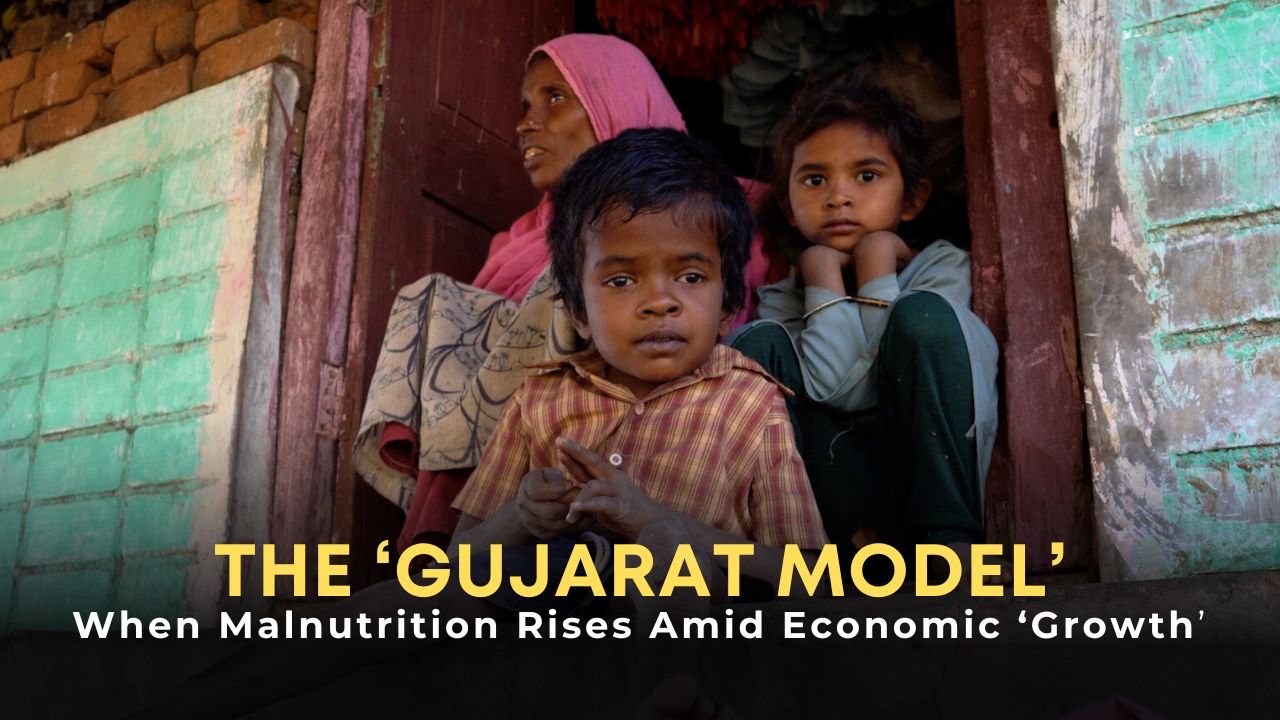
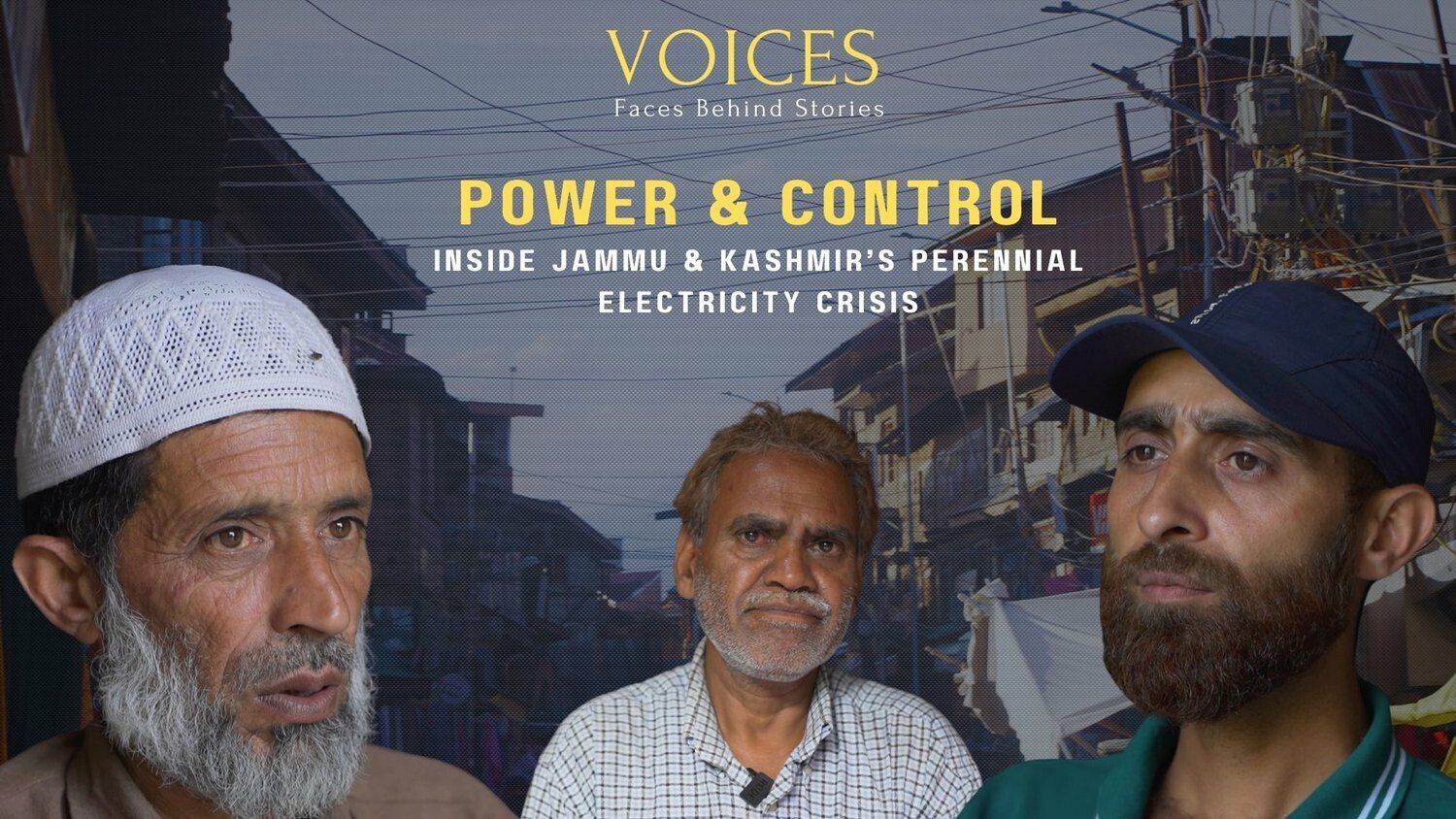

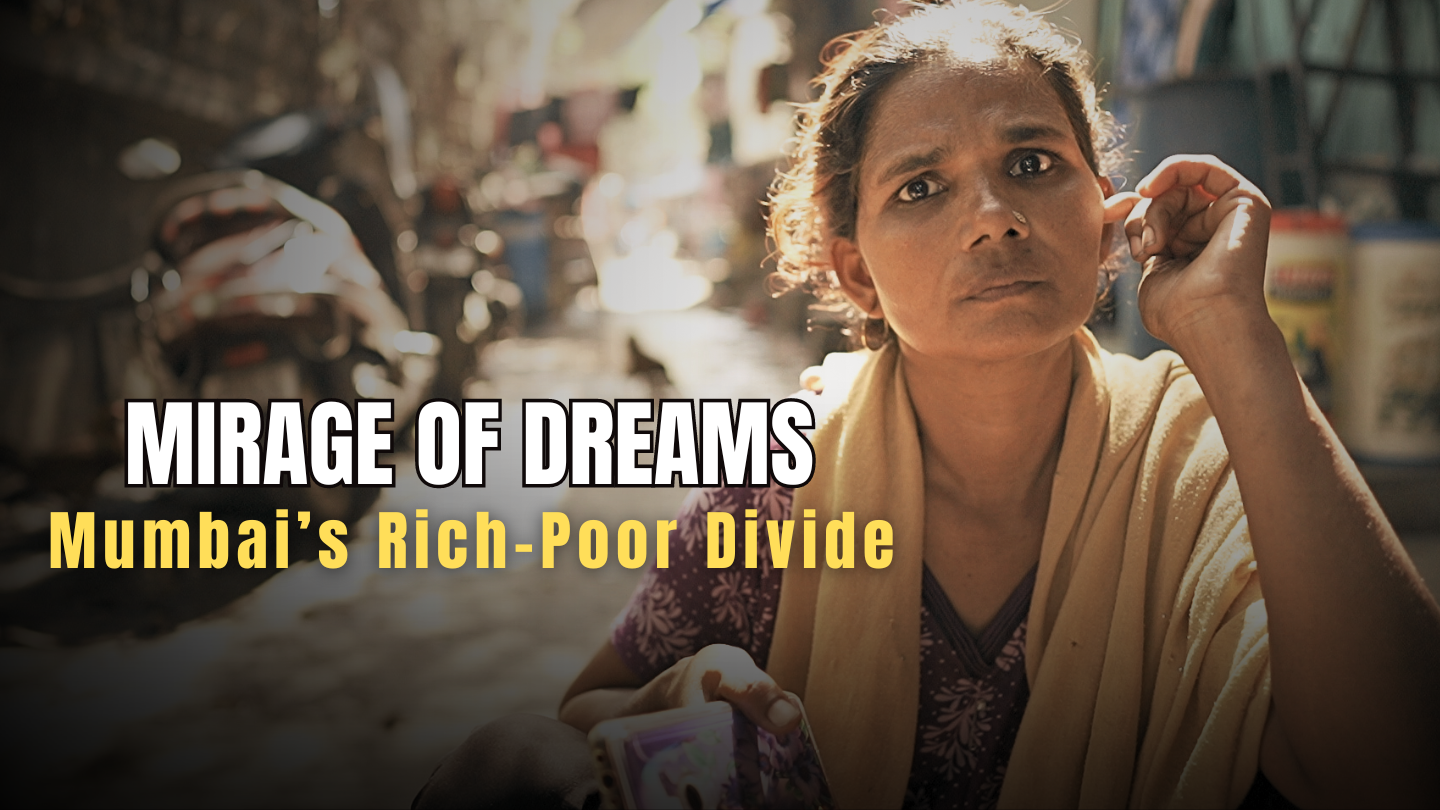
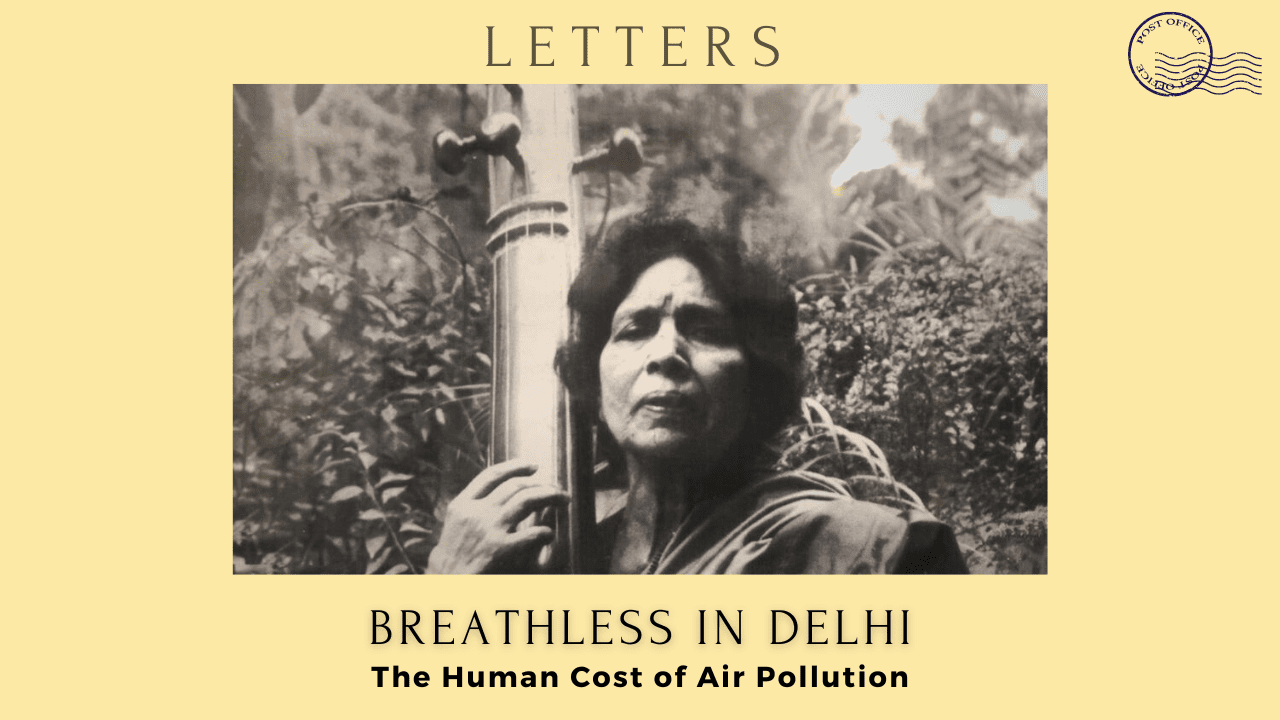

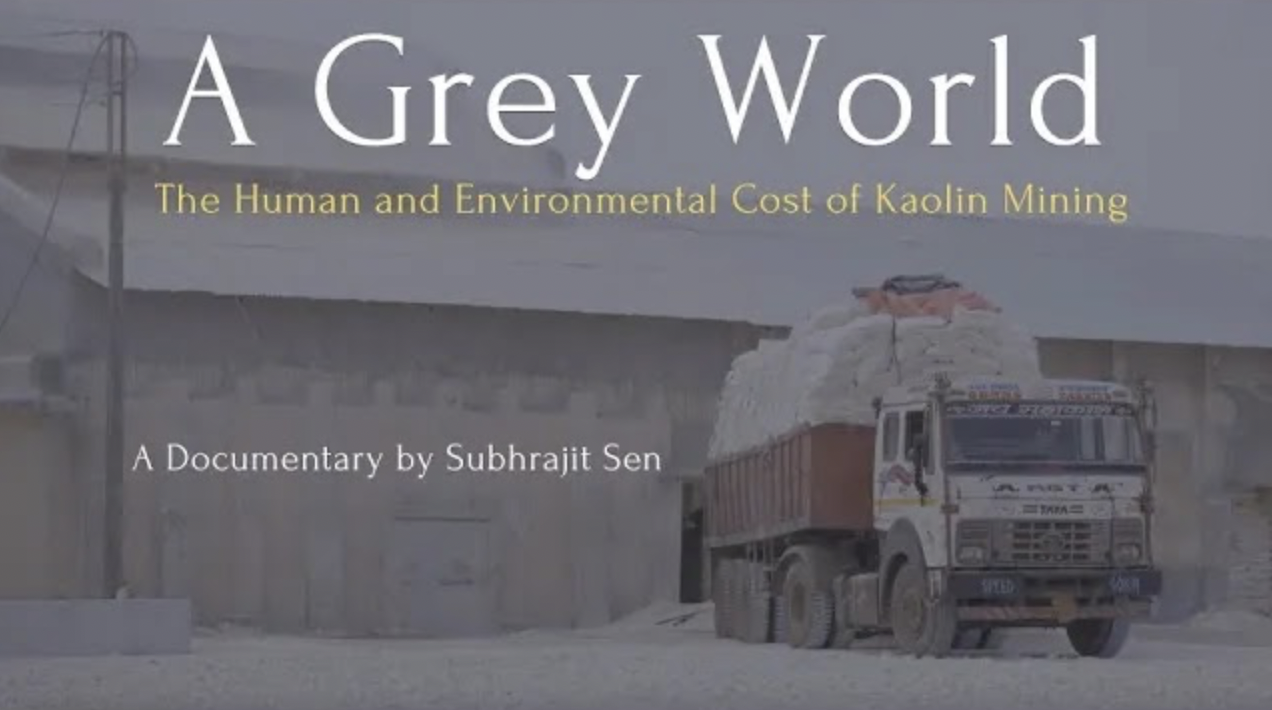
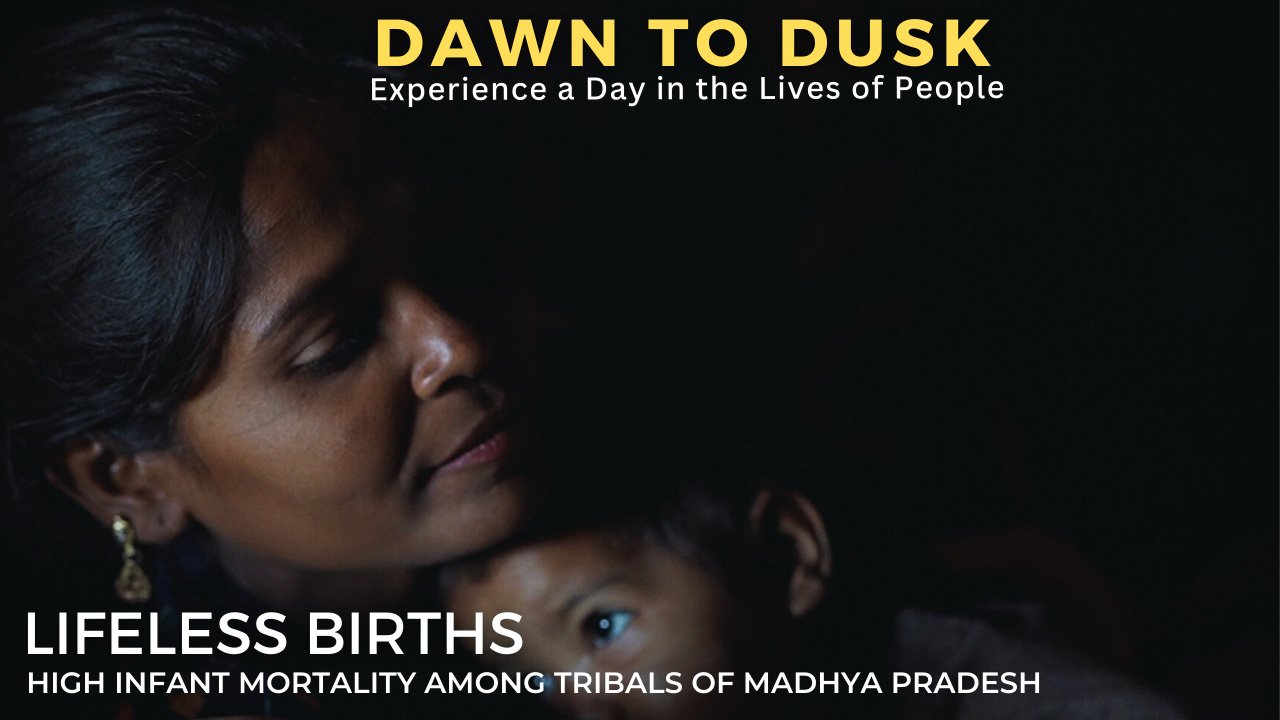
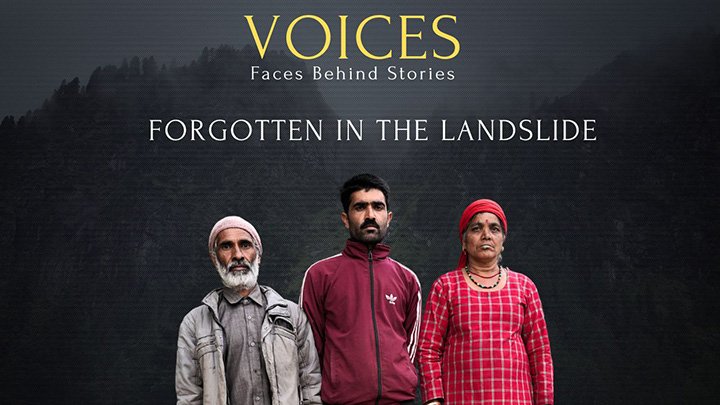
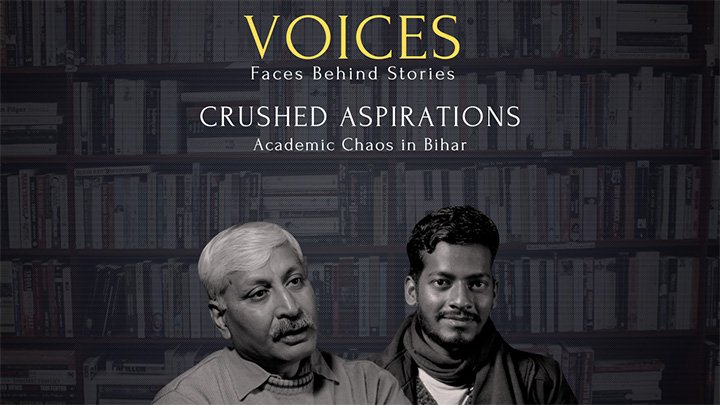
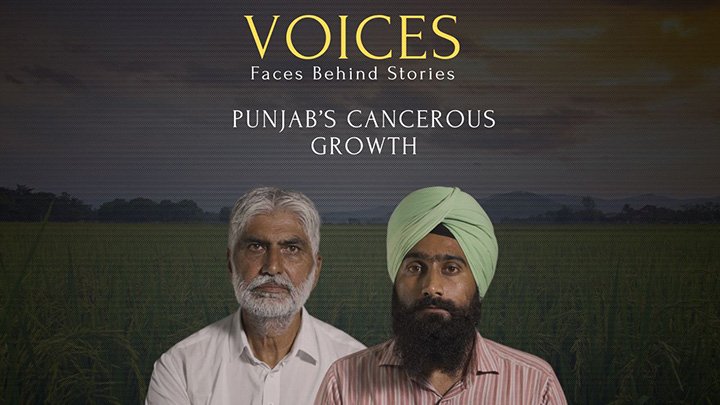
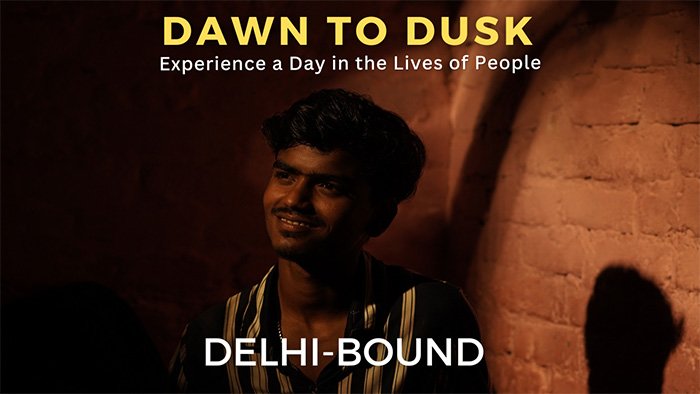
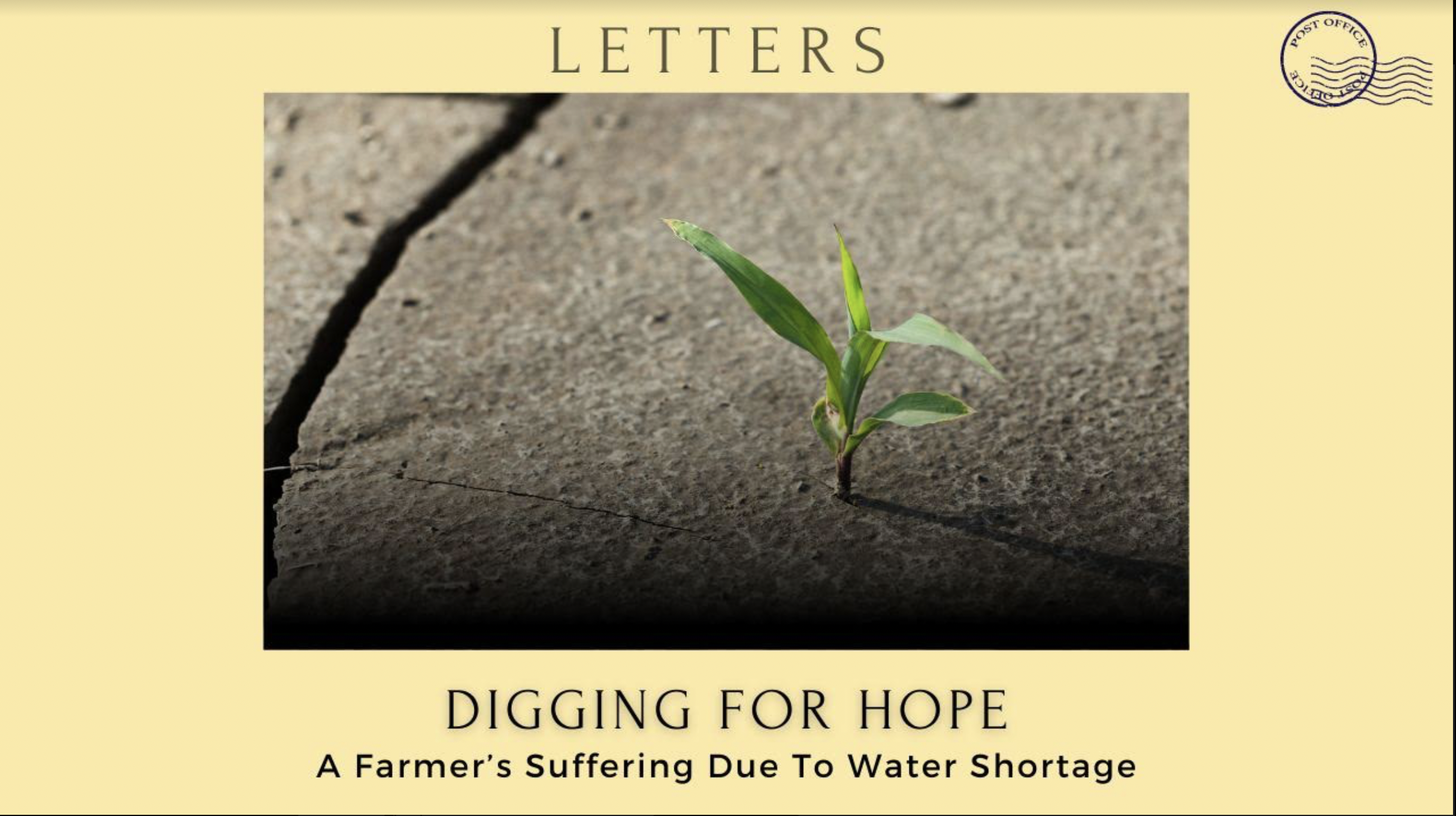

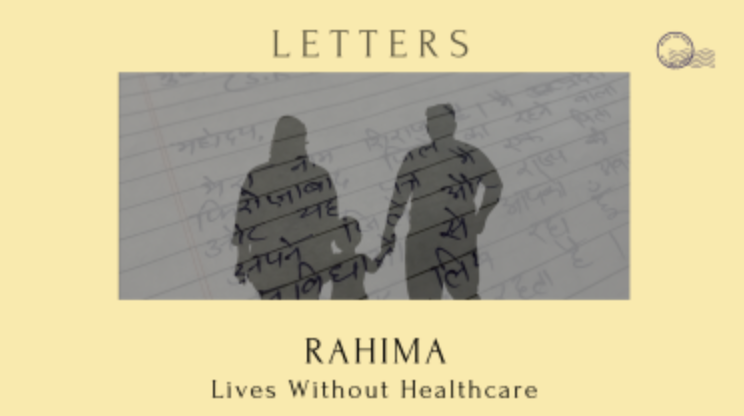

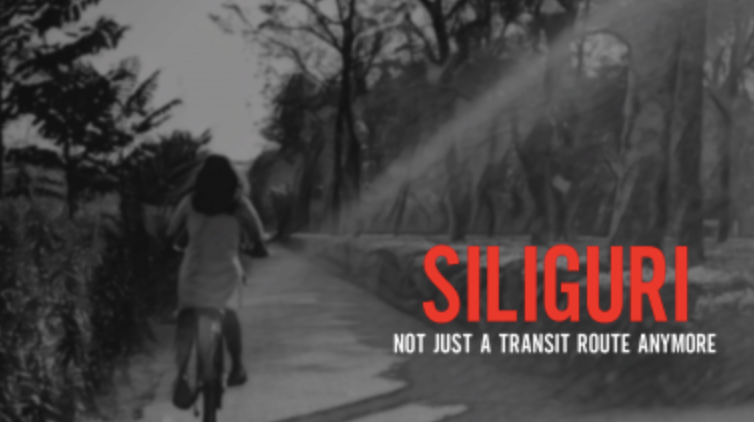
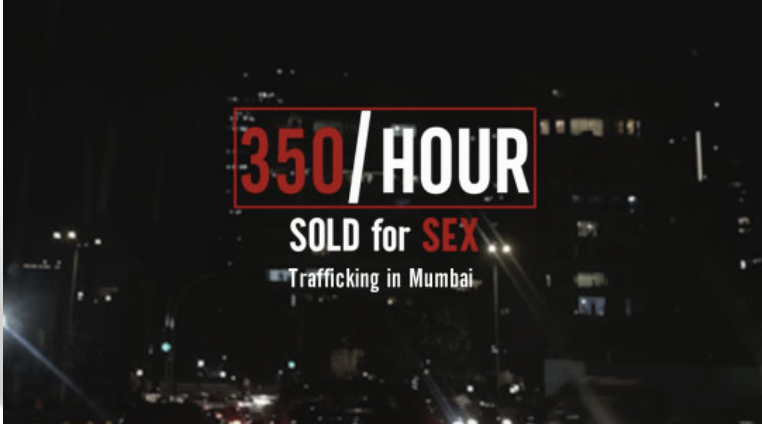
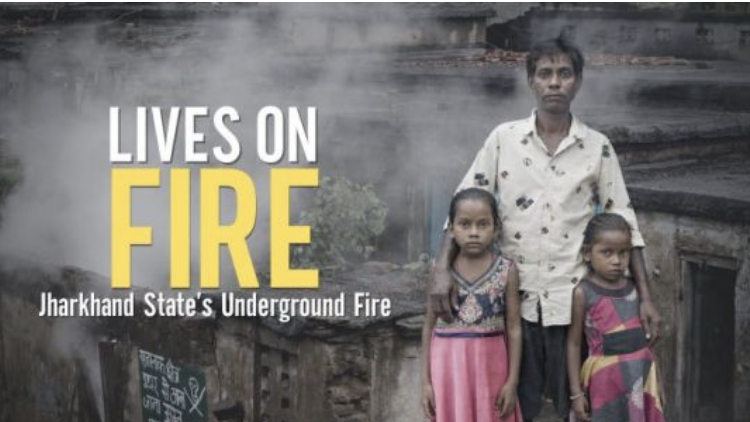
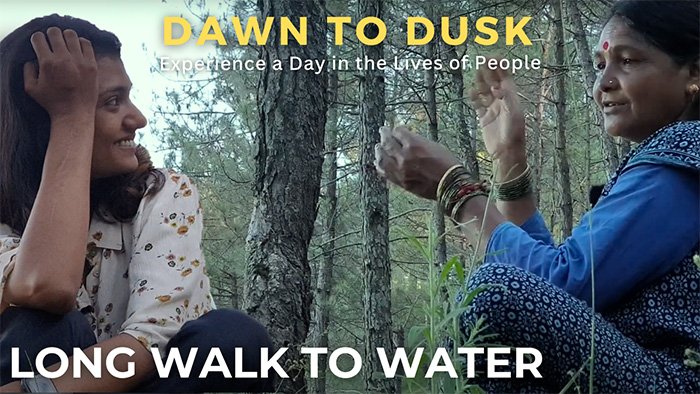

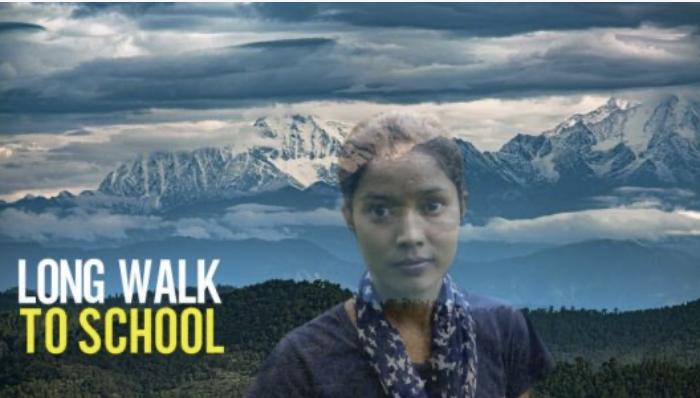
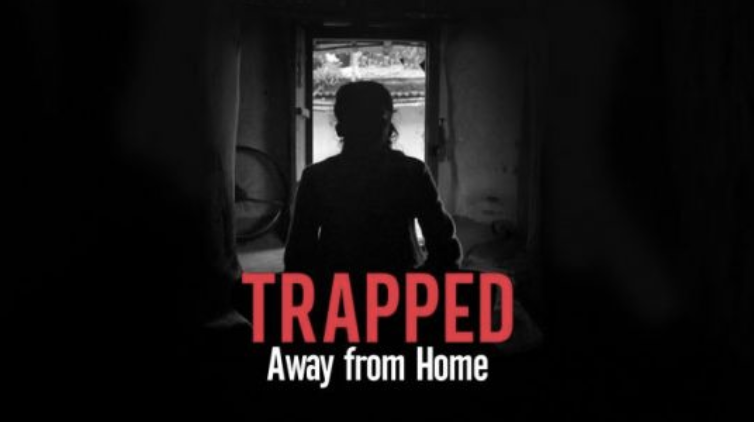
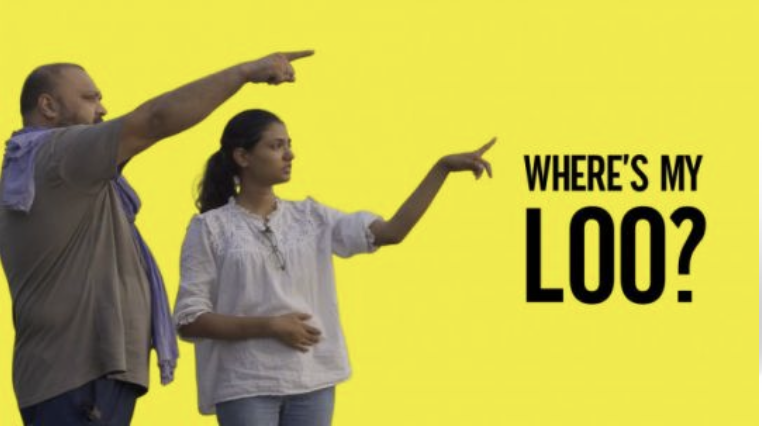
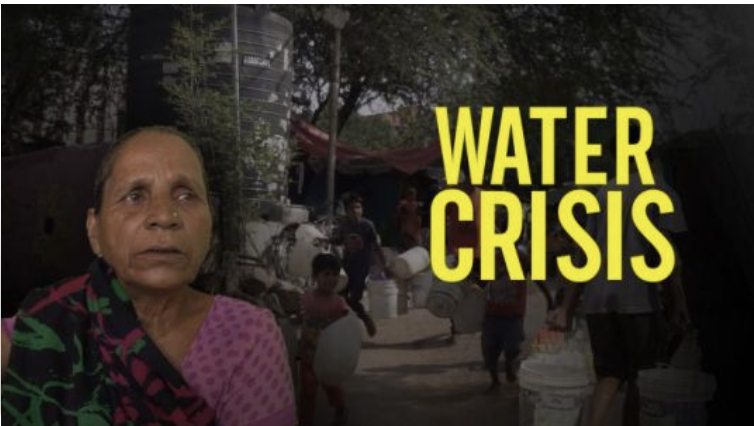
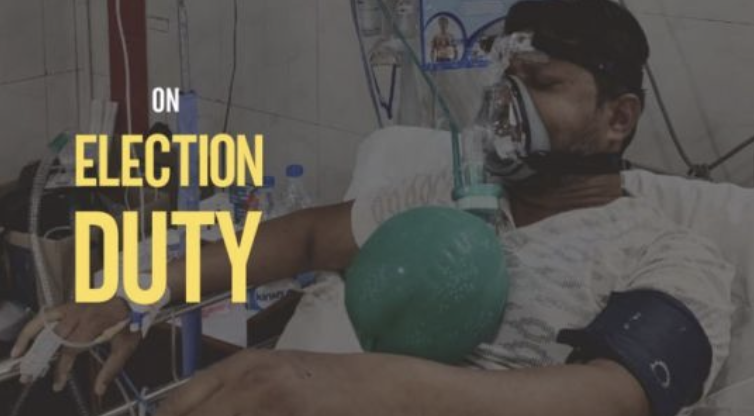
Kavitha, a mother in Raichur district, doesn’t follow the nutrition charts or growth tracking numbers. What she understands is hunger. The rice from the public distribution shop lasts less than a week. On some nights, there’s nothing but water and silence. For families like hers, malnutrition isn’t just a report—it’s dinner time.